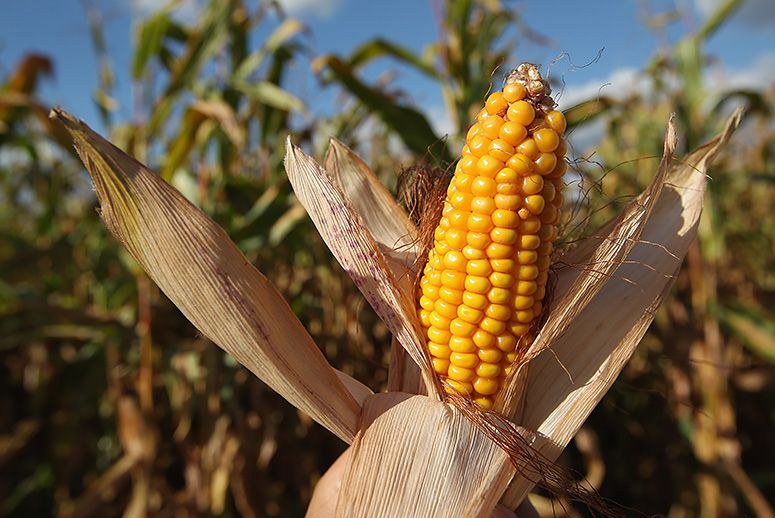RIO DE JANEIRO, BRAZIL – by researchers at NASA and the Potsdam Institute for Climate Impact Research (PIK).Climate change could knock down corn yields by 24% by the end of the century, according to research released in the journal Nature
In contrast, wheat yields could increase by 18% due to increased carbon dioxide concentration in the atmosphere and gains at higher latitudes.
The estimates were plotted by computer models, which indicate steeper weather conditions than previously projected.

“We see that the new climatic conditions will push agricultural yields out of their normal range in more and more regions. Human-induced greenhouse gas emissions will bring higher temperatures, changes in rainfall patterns, and more carbon dioxide in the air. This affects crop growth, and we find that the emergence of the climate change signal – the moment when great years become the norm – is going to occur in the next decade or so in many regions-blind globally,” warned Jonas Jägermeyr, chief researcher at NASA’s Goddard Institute for Space Studies.
According to him, projections indicate that farmers will have to adapt more quickly, for example, by changing planting dates or using new varieties and seeking better yields at higher latitudes.
The agricultural impacts also tend to be unequally distributed over the planet. According to the research, the corn-producing areas in North and Central America, West Africa, Central Asia, and Southeast Asia are expected to see declines of more than 20% in corn productivity in coming years.
On the other hand, wheat crop yields may soon increase in the northern United States and Canada, in addition to China.
“One effect that the data clearly shows us is that the poorest countries are likely to experience the sharpest declines in the yields of their most basic crops. This exacerbates the differences in food security and wealth,” said Christoph Müller, coauthor and PIK researcher.
In practice, small producers in the poorest countries will not be able to compensate for the smaller domestic supply of corn by buying more wheat produced in more affluent countries because they lack economic access to markets, which could increase food insecurity on the one hand, while rich countries will see more profits ahead, the German institute pointed out.
Even wheat production is not guaranteed a future. The occurrence of climatic extremes, such as prolonged and severe droughts, may damage the productivity of the grain in some crops. In addition, the increased concentration of carbon dioxide in the atmosphere can reduce the nutritional value of wheat.
Scientists continue to argue about who is responsible for global warming. Most say that man is responsible, while others are convinced that it is a natural phenomenon.
With information from Valor Brazil

